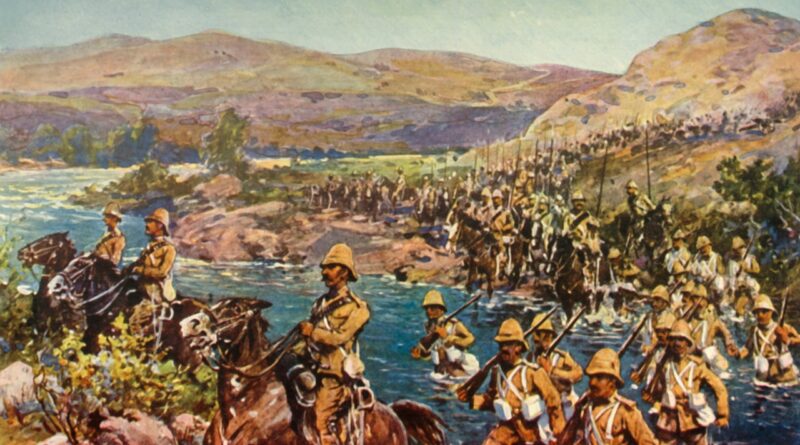What Is Imperialism: What to Know About Its History, Effects, and Legacy
To understand why the world is the way it is now, there’s a question we have to ask: What is imperialism? The history of imperialism helps explain everything from contemporary foreign policy to why modern maps look the way they do.
It is vital, especially during a time of censorship and restrictions on what we learn in school, to study the full truth of our collective past. As it turns out, most world powers, the United States very much included, rose to where they are by violently thieving from other nations. A primary essential characteristic of imperialism is inequality. The definition, according to historian Harrison Wright, can be a little tricky to define by historians and social research.
What is imperialism?
In Imperialism: The Word and Its Meaning, an imperialistic unit is an independent political body that is able to impose inequality. This unit can be a political state or nation.
One of the many definitions of imperialism is the acquisition of territory and subjugation of its inhabitants. Imperialism relies on the infringement of a people’s political self-determination and independence. These people usually have no political means to stop the nation or state. The state’s deliberate direct or indirect political control involves treating the inhabitants inequitably in comparison with the norm of its own citizens over an extended period of time.
Imperialism can be understood as “a doctrine, political strategy, practice, state policy, or advocacy” that extends a nation’s power via “territorial acquisition or by extending political and economic control outward over other areas.” In this system, motivation such as claiming raw materials, power, or advantage occur often. The main goal is to obtain power and/or wealth and deny the validity of the inhabitants’ claim to the land.
It is an ancient practice that has been present throughout human history for millennia; Alexander the Great’s rule and the Roman Empire are early examples of imperialist power.
Britannica demarcates three key imperial periods in the modern era. The first, between the 15th to mid-18th centuries, saw England, France, the Netherlands, Portugal, and Spain construct colonial empires in the Americas, India, and the East Indies. The second, between the mid-19th century and World War I, saw these powers again engage in aggressive empire-building in Africa, Asia (especially India), and the Americas. (Russia, Italy, the United States, Germany, and Japan also began to build empires of their own during this period.) Per Britannica, the final major wave of imperialism came in the 1930s and ‘40s, as Fascist Italy, Nazi Germany, and the Soviet Union began invading countries and expanding their spheres of influence.
Notably, it is important to remember that while imperialism is almost always synonymous in most people’s minds with Europe, European rulers aren’t the only perpetrators.
In Asia, Japan also had a large imperialistic influence on some of its neighboring countries, including Korea, which was heavily exploited for their land and labor. China, while being subject to the imperialism of Japan in the last century, also had a role in imperialism, dating back to ancient times, with the Qin Dynasty. More recently, the Qing Dynasty, meanwhile, was one of the largest imperialistic empires of its time until it was overthrown in 1911. The present-day People’s Republic of China still stands as a large power that has profited as an imperialist state.





